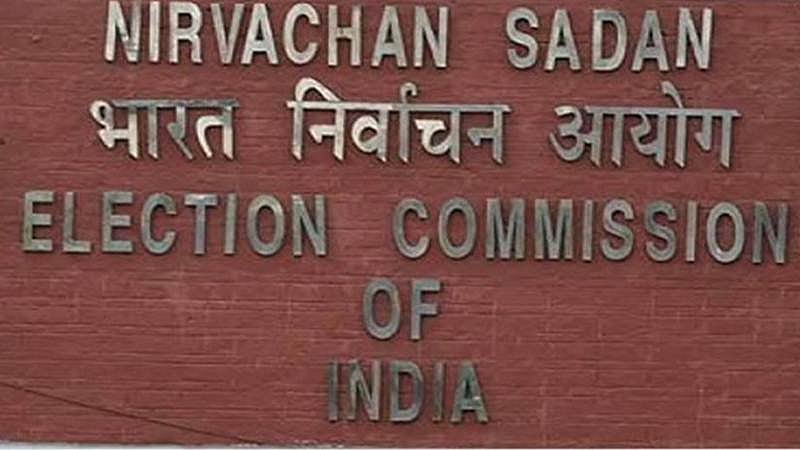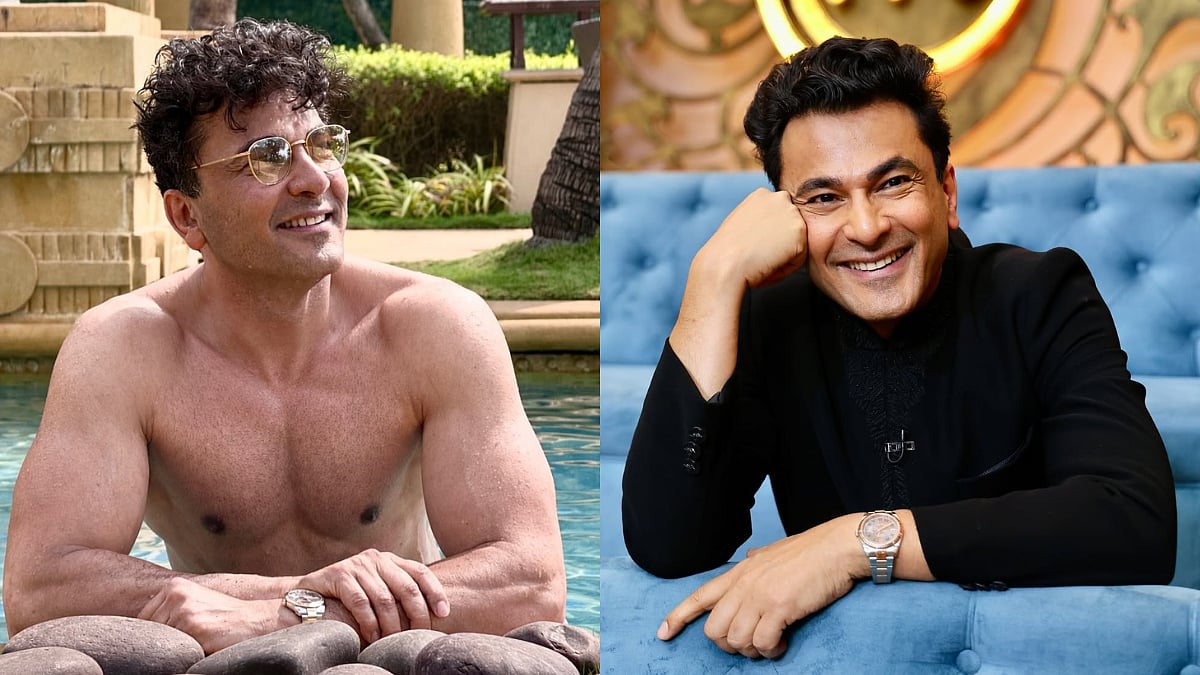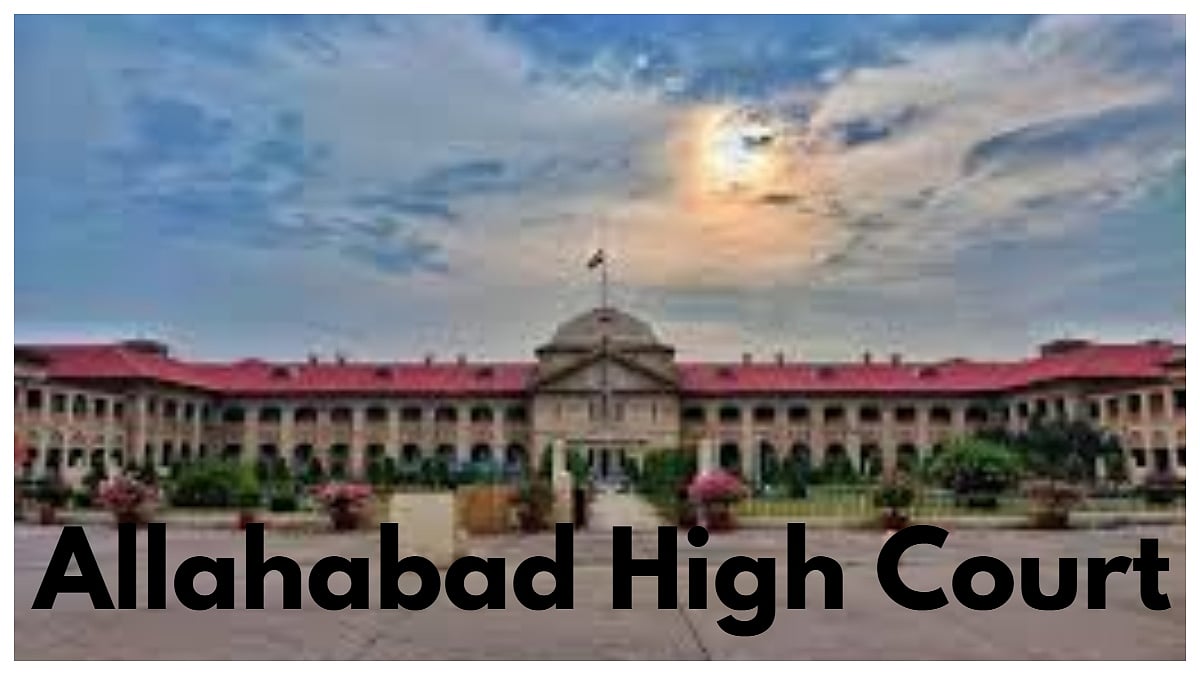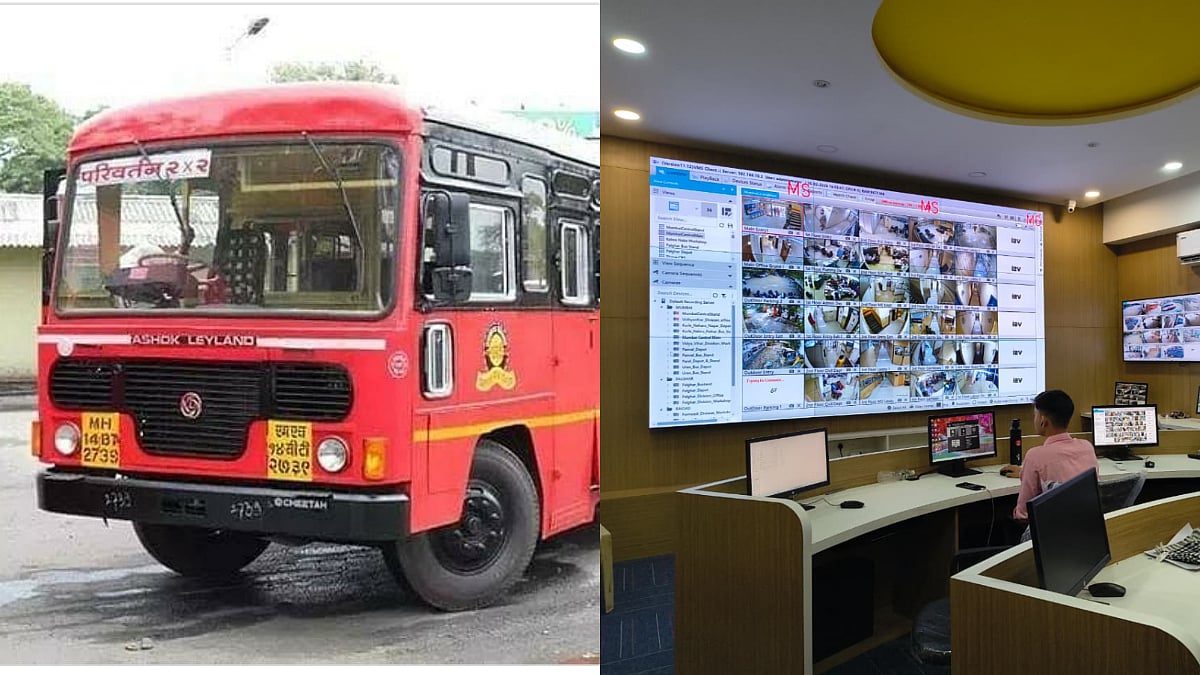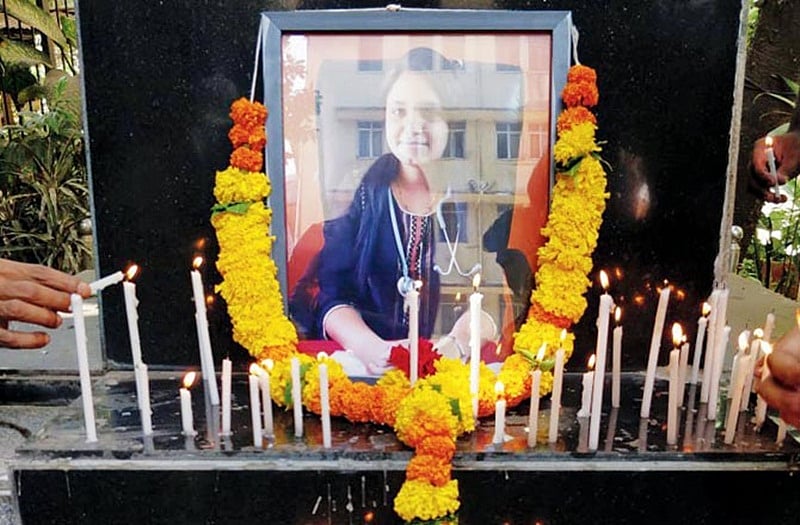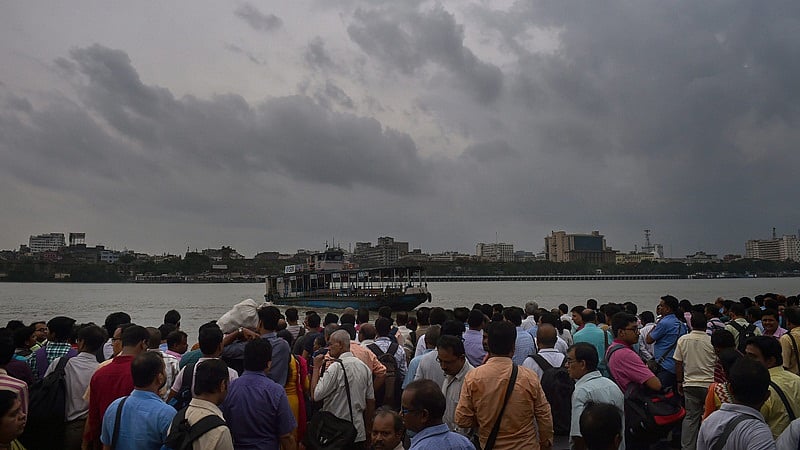The Election Commission announced on Sunday that the Lok Sabha elections will begin on April 11 and will be held over seven phases followed by counting of votes on May 23. Chief Election Commissioner Sunil Arora said the model code of conduct would come into immediate effect from Sunday and 10 lakhs polling stations would be set up this time as against about nine lakhs in 2014.
The polling will be held on April 11, April 18, April 23, April 29, May 6, May 12 and May 19 for 543 Lok Sabha seats across the country in which nearly 90 crore voters would be eligible to vote, the Chief Election Commissioner Sunil Arora said at a packed press conference. Assembly elections will also be held in Andhra Pradesh, Sikkim, Arunachal Pradesh and Odisha simultaneously with the Lok Sabha polls, the CEC said. However, elections for Jammu and Kashmir assembly will not to be held along with the Lok Sabha polls, the EC said citing security reasons. The state has been under Governor’s rule after the ruling alliance between the BJP and People’s Democratic Party fell apart last year.
What is Model Code of Conduct?
The Election Commission’s Model Code of Conduct is a set of guidelines issued to regulate political parties and candidates prior to elections. The rules range from issues related to speeches, polling day, polling booths, portfolios, content of election manifestos, processions and general conduct, so that free and fair elections are conducted.
When does Model Code of Conduct come into effect?
The MCC comes into force from the date the election schedule is announced until the date that results are out. As a result, it kicked in from yesterday evening and will remain in effect until the election process is concluded.
What happens if Model Code of Conduct is violated?
The Election Commission ensures that ruling parties at the Centre and in states follow the code, as part of its mandate to conduct free and fair elections under Article 324 of the Constitution. In case of electoral offences, malpractices and corrupt practices like inducements to voters, bribery, intimidation or any undue influence, the EC takes action against violators. Anyone can report the violations to the commission or approach a court.
The Election Commission (EC) has introduced cVIGIL app at pan India level whereby citizens can record on his mobile any violation of the Model Code of Conduct (MCC) and send it to the election authorities for appropriate action.
What restrictions does the Model Code of Conduct impose?
It has eight provisions dealing with general conduct, meetings, processions, polling day, polling booths, observers, the party in power, and election manifestos, says PRS Legislative Research.
General conduct: Criticism of political parties must be limited to their policies and programmes, past record and work. Activities such as (a) using caste and communal feelings to secure votes, (b) criticising candidates on the basis of unverified reports, (c) bribing or intimidation of voters, and (d) organising demonstrations or picketing outside houses of persons to protest against their opinions, are prohibited.
Meetings: Parties must inform the local police authorities about the venue and time of any meeting in time to enable police to make adequate security arrangements.
Processions: If two or more candidates plan processions along the same route, organisers must establish contact in advance to ensure that the processions do not clash. Carrying and burning effigies representing members of other political parties are not allowed.
Polling day: All authorised party workers at polling booths should be given identity badges. These should not contain the party name, symbol or name of the candidate.
Polling booths: Only voters, and those with a valid pass from the Election Commission, will be allowed to enter polling booths.
Observers: The Election Commission will appoint observers to whom any candidates may report problems regarding the conduct of the election.
Party in power: The code incorporated certain restrictions in 1979, regulating the conduct of the party in power. Ministers must not combine official visits with election work or use official machinery for the same. The party must avoid advertising at the cost of the public exchequer or using official mass media for publicity on achievements to improve chances of victory in the elections. Ministers and other authorities must not announce any financial grants, or promise any construction of roads, provision of drinking water, etc. Other parties must be allowed to use public spaces and rest houses and these must not be monopolised by the party in power.
Election manifestos: Guidelines added in 2013 prohibit parties from making promises that exert an undue influence on voters, and suggest that manifestos also indicate the means to achieve promises.
The Model Code Of Conduct For Social Media:
According to the Election Commission, the candidates will have to furnish the details of their social media accounts at the time of filing their nominations. All political advertisements on social media will need pre-certification.
